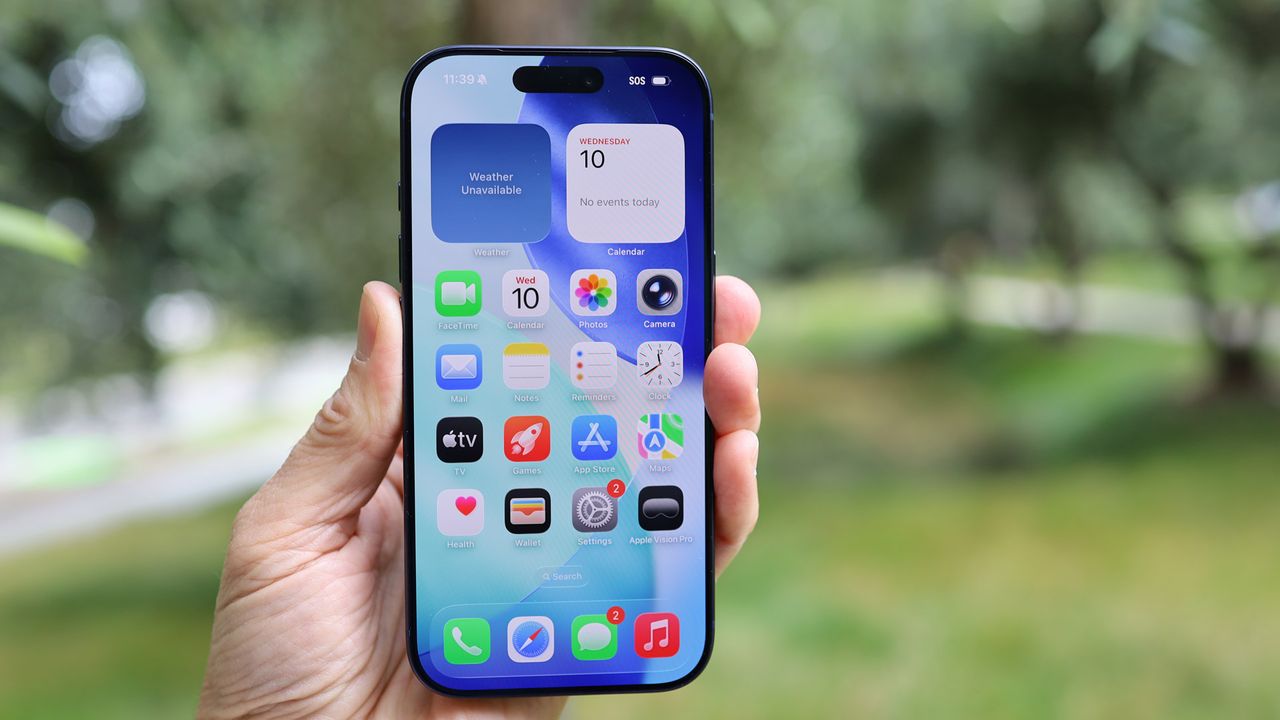
Recently, the former net neutrality rules were repealed. Which means Internet Service Providers (ISPs) and mobile carriers may block or throttle services at will. If you pay for faster speeds, you will receive those faster speeds. This is being viewed as a way for large ISP’s to get richer off the backs of Americans. There are some counter arguments to how this might be beneficial, but I’m not going to get into that today. Instead, I would like to explain how companies might be kept in line. There’s a big question mark around this one, though.
New York is one of several states who plans to enact their own statewide net neutrality laws. Which, in theory, could make it illegal for ISPs or carriers to introduce a two-speed internet. How they can do this, and whether or not they can do this is up in the air right now. The FCC currently bans states from protecting consumers against net neutrality violations, but that’s not stopping New York from doing their own bit of troubleshooting.
New York Assembly member Patricia Fahy believes that in order to get around this, they have to target the companies themselves. More specifically – in the pocketbook. Fahy states: “If you are going to be a contractor and want to work with New York, then you must meet the principles.” What does this mean, exactly? New York state can’t require ISPs to uphold net neutrality, but it can use their “power of the purse” to punish ISPs that don’t.
You’re probably wondering how this can actually work since the Constitution gives the federal government final authority over commercial activities that cross state lines. But there seems to be precedent for saying – if you want a state contract, you have to meet certain requirements. How will this play out exactly? That remains to be seen. States will likely face the same problem as the federal government did when they tried to define net neutrality violations. The FCC’s battles with the states will be just one part of a cavalcade of lawsuits filed against the FCC in the new year for overstepping their authority.

Washington and California are also planning to introduce bills that ban net neutrality. State attorneys general from New York and Washington plan to sue the FCC to overturn the net neutrality repeal and the related preemption of state laws. Other states that plan to sue the FCC to reinstate net neutrality include Massachusetts, Illinois, Oregon, Pennsylvania, Kentucky and Delaware. Iowa and Connecticut may join as well, but it’s unknown at this time.
The FCC has also indicated that state and local laws must be preempted if they conflict with the US government’s policy. They are further saying that states and local governments don’t have jurisdiction over broadband because it is an interstate service. But the FCC’s preemption powers are limited, as seen last year when an FCC decision to preempt state laws that restrict the expansion of municipal broadband was struck down by a federal appeals court. State attorneys general will argue that the FCC overstepped its authority in the net neutrality repeal.
Who is right in this one? Honestly, that’s for a judge somewhere to decide. I will say that since Trump came to power, there are a lot of things being decided by a judge. Think about his immigration ban. That got overturned by federal courts. So it’s possible that this might be no different. 2018 is going to be an exciting time as we are going to start to see if these laws are allowed, or if Trump’s administration is just trying to throw their weight around to appease him.



